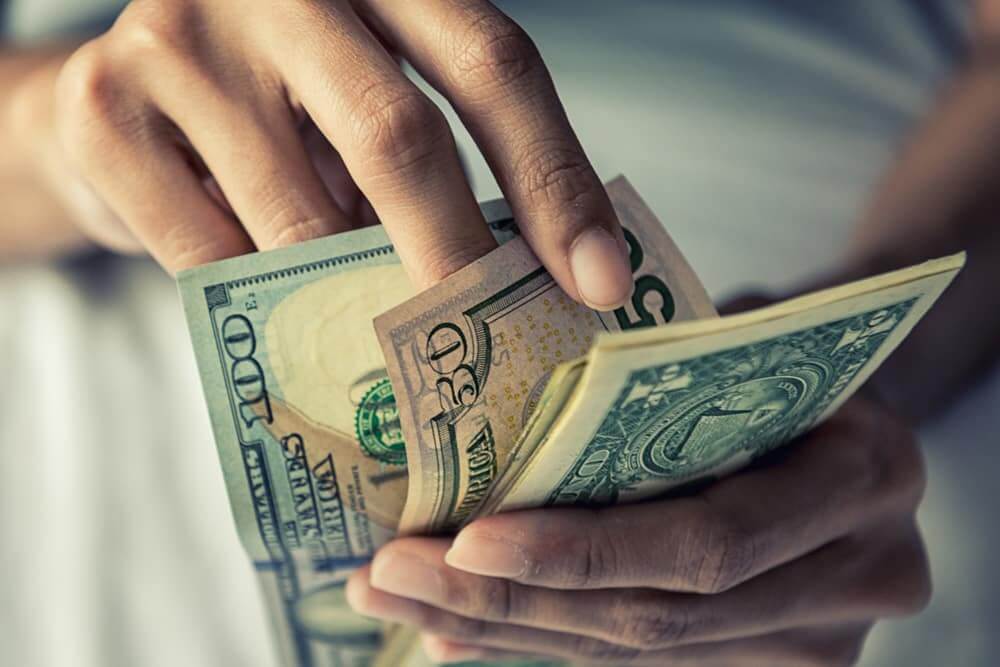
The U.S. Dollar Fell from A One-Week High
The U.S. dollar fell off a one-week high vs. key rivals on Wednesday, with traders on pins and needles ahead of the Federal Reserve’s rate decision, which might provide hints on the Fed’s future policy course.
With a surprise surge of strength mid-morning Japan time, the yen outperformed, with speculators on the lookout for probable intervention ahead of the Fed meeting.
The dollar fell 0.14% to 111.323, remaining close to Tuesday’s high of 111.781, the highest level since Oct. 25.
The index oscillated overnight, falling sharply in the European open only to recover those losses after U.S. data indicated sustained pricing pressures, damping anticipation of a Fed shift this year. Job postings in the United States unexpectedly increased, indicating that pay growth remained strong, while construction spending unexpectedly rebounded. However, the futures market is split on whether the Fed would raise rates by 75 or 50 basis points at its December meeting, owing to recent comments from Fed members about a likely slowdown in the rate of tightening.
The dollar index has risen by more than 15% this year as the Fed has aggressively raised interest rates, smashing other currencies and putting pressure on the global economy.
The Japanese government is widely believed to have intervened many times again in October to bring the yen back from 32-year lows just shy of 152 per dollar, though they have refused to confirm any intervention.
The Japanese yen surged roughly half a cent to 147.42 per dollar on Wednesday. The dollar then extended its gains, with the currency down 0.55% at 147.410 yen.
Currencies
The euro rose 0.15% to $0.9888. However, it was near its one-week low of $0.985315.
Sterling climbed 0.17% to $1.1505. Still, it remained close to the one-week low of $1.143625 set on Tuesday.
The Bank of England delivers its policy decision on Thursday, and markets anticipate a 75-bps hike, followed by a 50-bps slowdown in December.
The Australian dollar barely changed at $0.63945, remaining close to a one-week low. Despite consumer inflation reaching a 32-year high, the Reserve Bank of Australia chose to maintain its rate hike path at 25 basis points on Tuesday.


